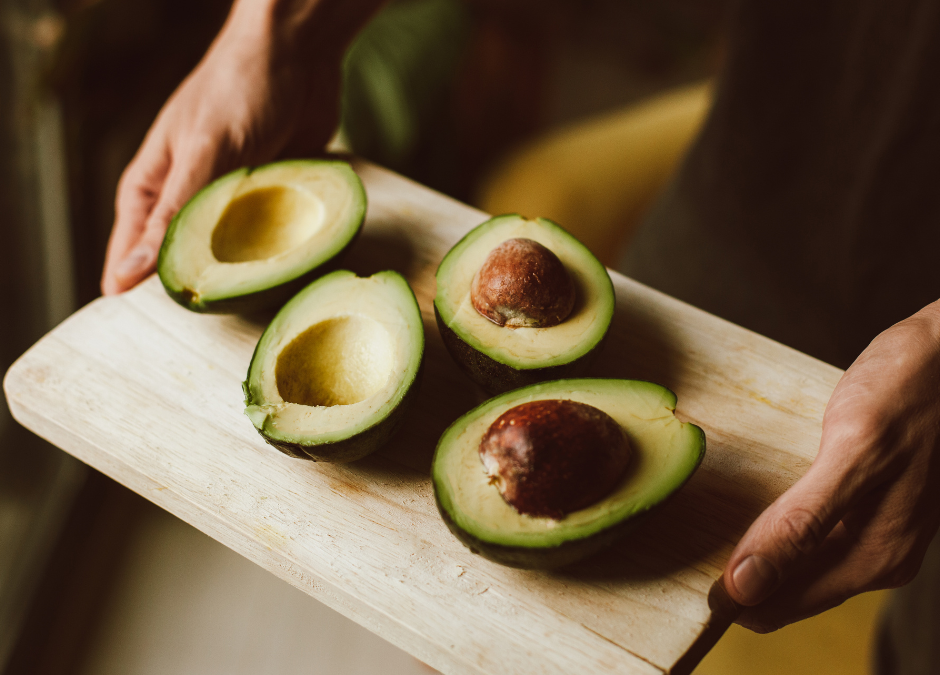When making your fitness goals, you might focus a lot on proteins and carbs, but fats are just as important. They help with energy and muscle recovery, so knowing which fats to eat and how they boost your performance can up your game and help you reach your goals.
Why Fats Matter for Athletes
Fats are not just a source of stored energy but are essential for various physiological functions. Here’s why fats are so important for athletes:
1. Energy Production: During low-to-moderate workouts, fats are a crucial energy source. They provide more energy per gram than carbohydrates or proteins, making them a great fuel source for endurance athletes.
2. Hormone Production: Fats are needed to produce hormones that support muscle growth and repair, like testosterone and cortisol. Eating enough healthy fats helps keep your hormones balanced, which is important for recovery and performance.
3. Cellular Health: Fats are key components of cell membranes and play a role in protecting and repairing cells. Healthy fats help maintain the integrity of cell membranes, which is crucial for muscle function and recovery.
4. Nutrient Absorption: Some vitamins (A, D, E, and K) need fat to be absorbed. Getting enough fat in your diet ensures you can take in these important vitamins for overall health and perform your best.
Types of Fats and Their Benefits
Not all fats are the same, and knowing the different types can help athletes make healthier food choices. Here’s a breakdown of the main types of fats and how they benefit athletes:
1. Monounsaturated Fats
Sources: Olive oil, avocados, nuts, and seeds.
Benefits: These fats are great for reducing inflammation and improving heart health. They help boost your good cholesterol levels, which can improve your endurance and overall performance.
2. Polyunsaturated Fats
Sources: Fatty fish (like salmon) walnuts, and chia seeds.
Benefits: These include omega-3s and omega-6s. Omega-3s are awesome for cutting down inflammation, which speeds up recovery and helps prevent chronic injuries. Omega-6s also help with inflammation but should be balanced with omega-3s to keep things in check.
3. Saturated Fats
Sources: Lean meats, dairy products, and coconut oil.
Benefits: Saturated fats have often been criticized, but they can still be part of a balanced diet when eaten in moderation. They offer a concentrated energy source and play a role in hormone production and maintaining the health of your cell membranes.
4. Trans Fats
Sources: Processed foods and baked goods.
Benefits: Trans fats are mostly harmful and should be avoided. They increase bad cholesterol levels and lower good cholesterol, negatively impacting cardiovascular health and overall performance.
How Much Fat Should Athletes Eat?
How much fat you should eat depends on your sport, how hard you train, and your personal goals. Generally, fats should make up about 20-35% of your daily calories. Endurance athletes might need a higher fat intake, while strength athletes might need to prioritize protein more.
Tips for Adding Healthy Fats to Your Diet
1. Snack on nuts and seeds: Grab almonds or walnuts for a tasty, energy-boosting snack.
2. Add avocado to meals: Add avocado to salads, sandwiches, or smoothies for a nutritious boost.
4. Use olive oil: Replace butter or margarine with olive oil when cooking to get more healthy fats.

